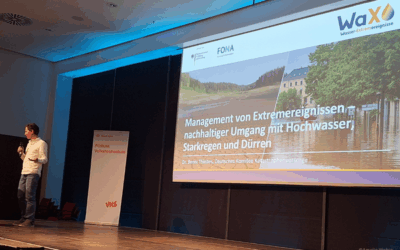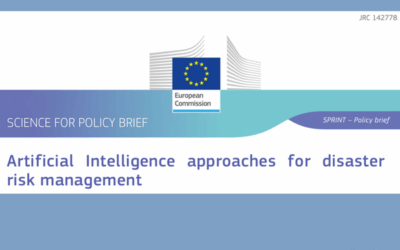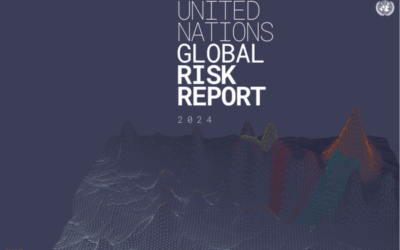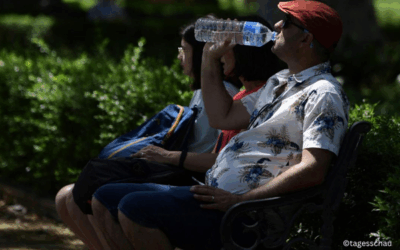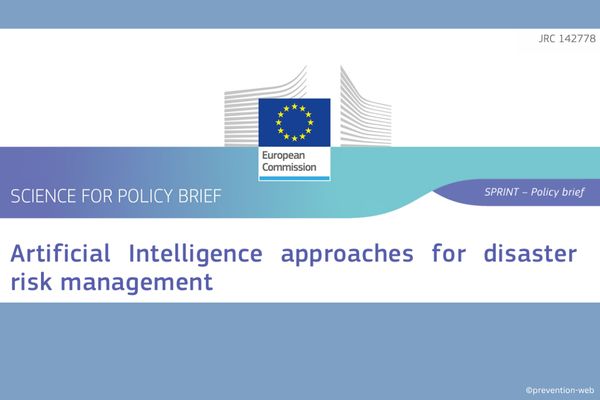The DKKV is…
German Committee for Disaster Reduction e.V. (ger.: Deutsches Komitee Katastrophenvorsorge e.V.)
Newsblog
AMAREX closing event in Cologne
Yesterday, on July 10, the final event of AMAREX (Adaptation of Stormwater Management to Extreme Events) took place in Cologne. At the beginning, the project was introduced and the results and findings of the fields of action were presented. The BMFTR project AMAREX...
Policy Brief: Artificial intelligence approaches for disaster risk management
In a new policy brief published on Prevention Web, the focus is on increasing the use of artificial intelligence (AI) to better identify and manage disaster risks. The aim is to strengthen prevention, preparedness and resilience within the EU - in line with the...
The UN Global Risk Report is published
We live in a time of increasingly complex and interconnected global risks. The first UN Global Risk Report shows that many of these risks - such as environmental degradation, disinformation and technological developments - have already triggered crises. It is...
Hottest June in Western Europe: heat-related deaths due to climate change
A new study shows that the number of heat-related deaths in Europe has tripled due to climate change. June 2025 was the hottest June in Western Europe since weather records began. The average temperature was 2.81 degrees above the average value from 1991 to 2020. Two...
Follow us
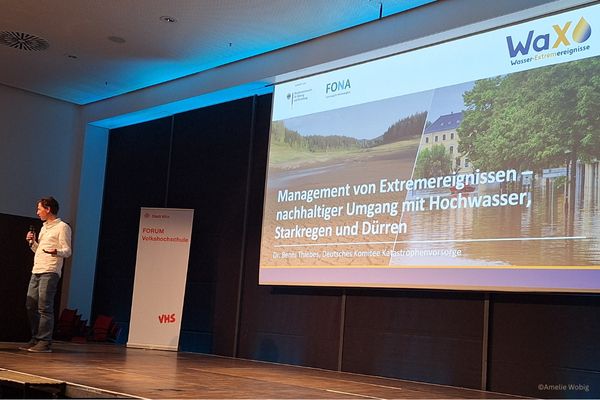


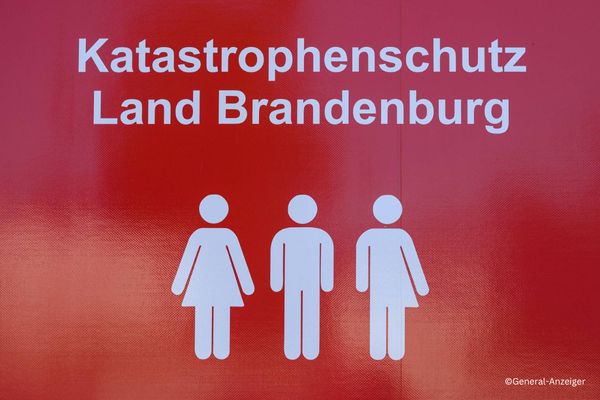
What is disaster risk reduction?
Storms, natural hazards and extreme events can quickly become a danger to people and the environment. But climate change, extreme urbanization, power outages and fires also offer potential hazards.
A disaster occurs when the functioning of a community or society is impaired or interrupted and, as a result, high human, material, economic and ecological losses occur that cannot be managed alone.
Precautionary measures can help to reduce the consequences and impact of the disaster. Depending on the hazard and personal circumstances, the precautionary measures to be taken may vary.
Find out more about potential hazards and individual precautionary measures on our topic pages.


